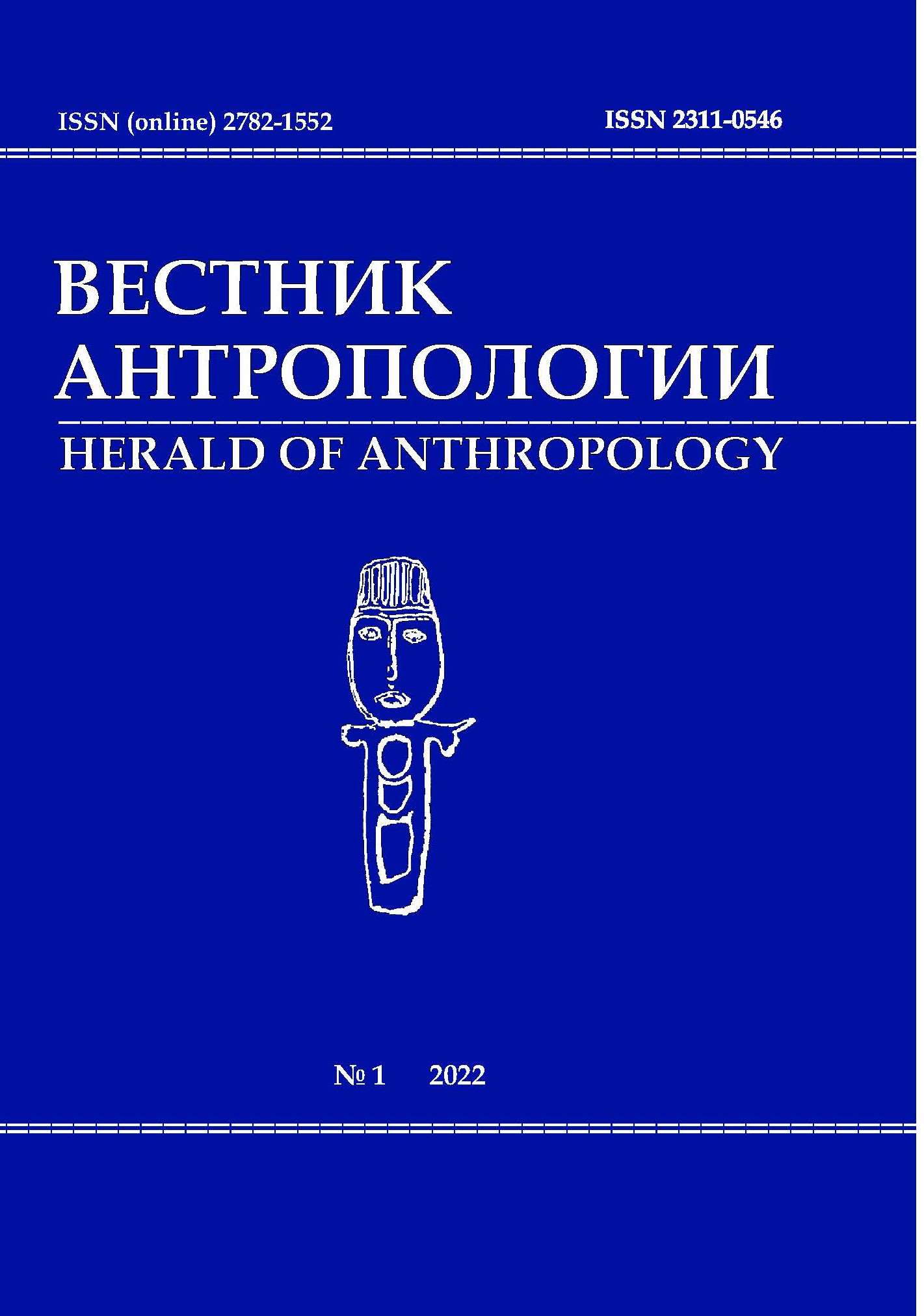Anthropogenetic study of reproduction processes in Elista city population
DOI: 10.33876/2311-0546/2022-1/293-301
Keywords:
population, anthropogenetics, reproduction, differential fertility, differential mortality, selection coefficientAbstract
The article analyzes the processes of population reproduction in the city of Elista, the Republic of Kalmykia, in 2007. The collected representative population genetic material is investigated with the data from the All-Russia Census and other official statistical sources. On average, there are 5.82 pregnancies, 2.15 births and 3.32 abortions for every woman of post-reproductive age in Elista. The study demonstrates that birth control is practiced in urban families. The proportion of spontaneous abortions, miscarriages and ectopic pregnancies is as low as 0.28. Thus, only 37% of all pregnancies resulted in livebirth; accordingly 57% of pregnancies are terminated artificially. The contribution of the social component to the value of the natural selection coefficient in the population of Elista was calculated applying the method of J.F. Crow and its modifications. A significant increase in the contribution of non-biological factors to the value of the coefficient of the maximum possible potential selection was revealed.
For Citation: Spitsyna N.Kh., Balinova N.V. 2022. Anthropogenetic study of reproduction processes in Elista city population. Herald of Anthropology (Vestnik Antropologii) 1: 293–301.





















